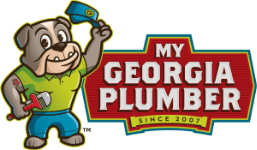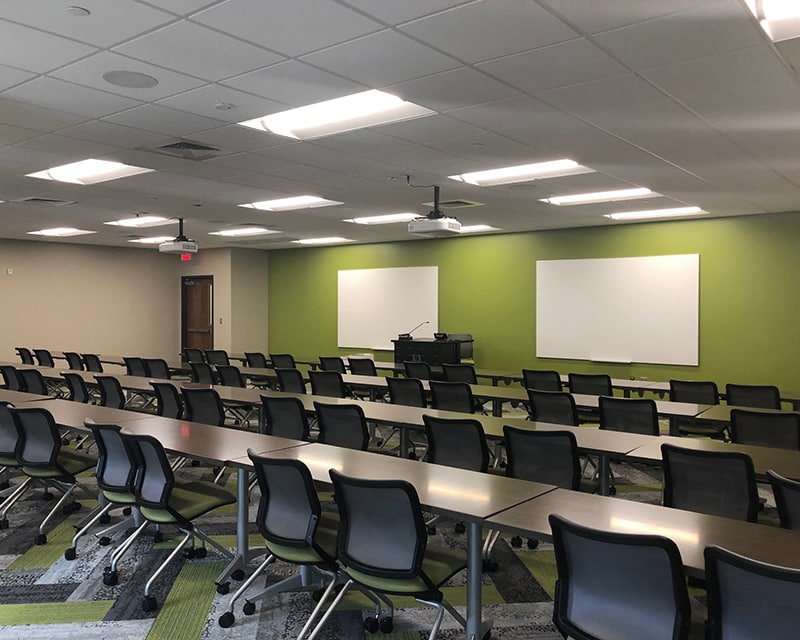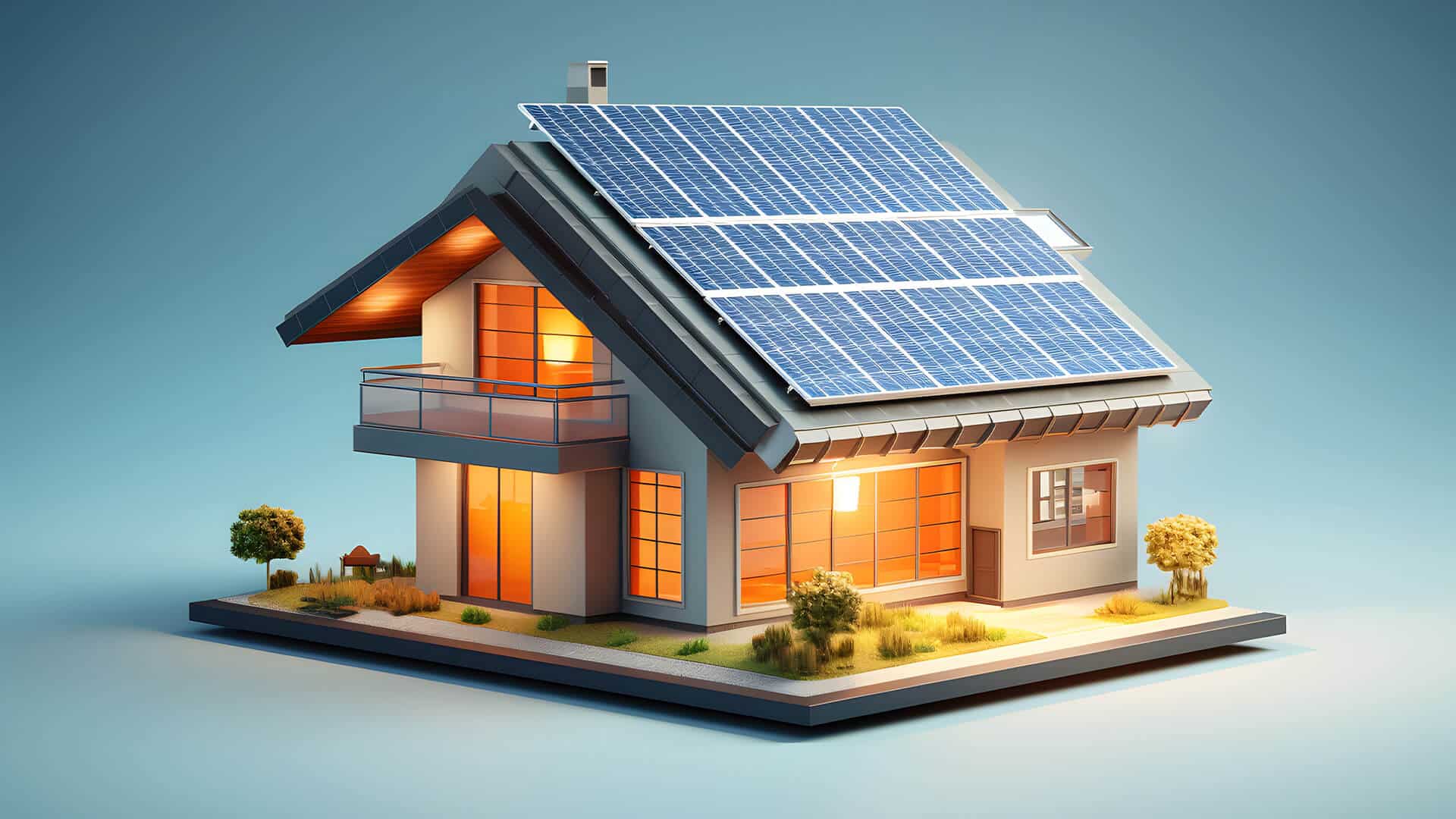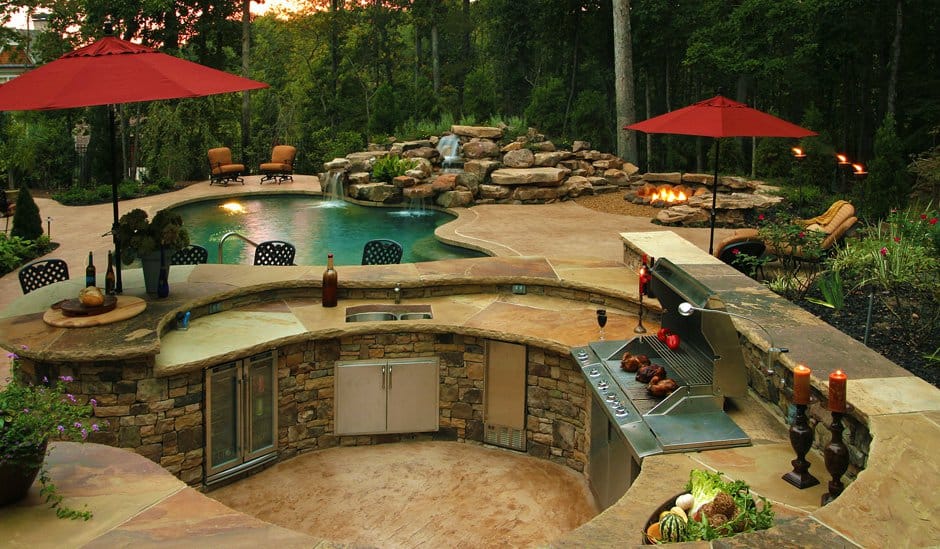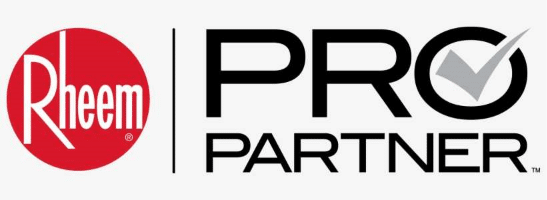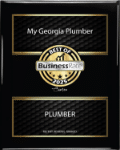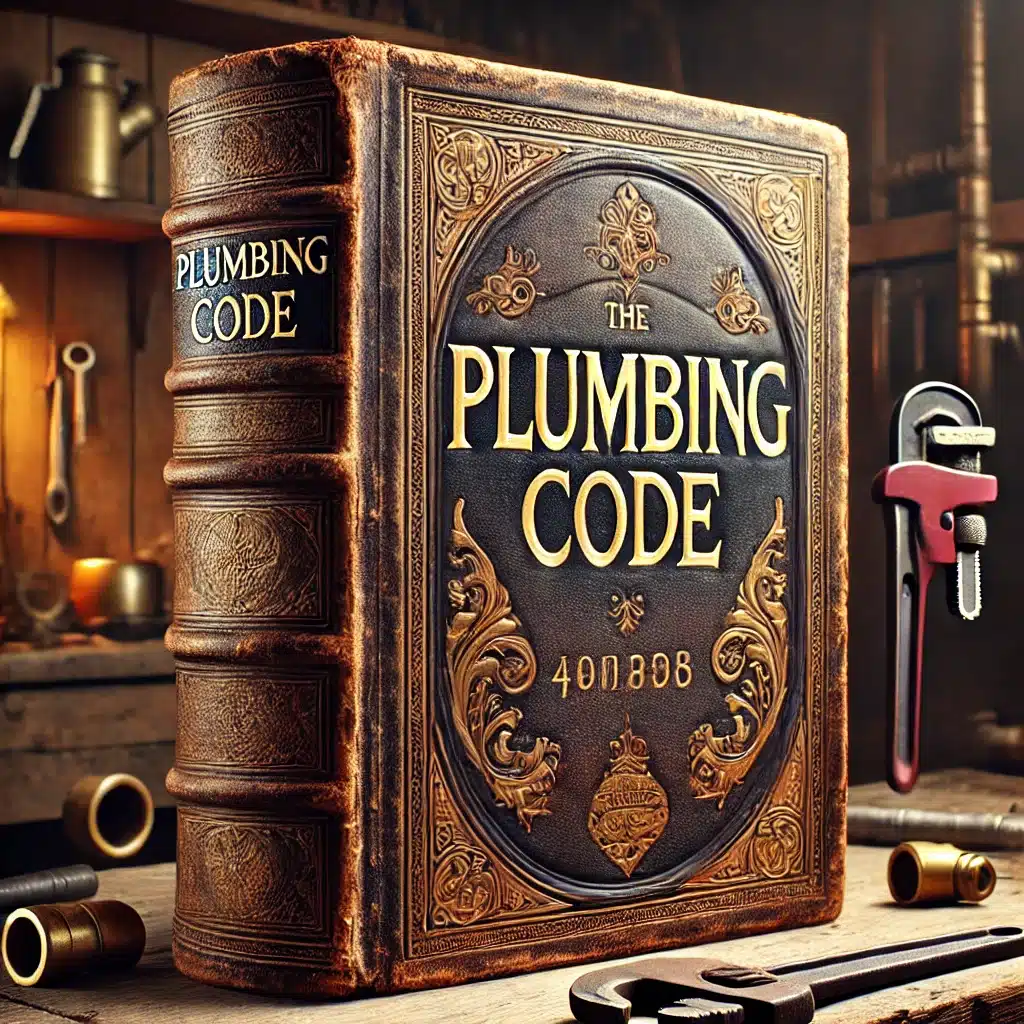
Plumbing is one of the most essential yet overlooked aspects of modern life. The ability to have clean drinking water, safe waste removal, and efficient indoor plumbing is the result of centuries of evolving plumbing codes. But plumbing codes aren’t just about technical regulations; they exist to ensure accountability—to the government, to other trades, and most importantly, to the customer.
In this guide, we’ll explore:
- The history of plumbing codes.
- How they ensure public safety and sanitation.
- Why they hold plumbers accountable to state and local governments, other trades, and customers
1. The Origins of Plumbing Regulations
Ancient Plumbing & Early Regulations
Plumbing isn’t new—ancient civilizations like the Romans, Greeks, and Indus Valley societies all developed complex water supply and drainage systems. However, formal plumbing regulations didn’t emerge until the modern era.
- Roman Empire (1st century AD) – The Romans built aqueducts, underground sewers, and public bathhouses, with early rules on who could access clean water.
- Medieval Europe (500–1500 AD) – Cities had crude drainage systems, but no real plumbing codes, leading to outbreaks of disease like cholera and dysentery.
- London’s Great Stink (1858) – The Thames River became so polluted with sewage that Parliament had to act, leading to some of the first modern sanitation laws.
The First Plumbing Codes in the U.S.
As cities grew in the 19th century, poor plumbing led to major public health crises. This led to the first formal plumbing laws.
- 1881 – New York City passed its first plumbing law requiring registered plumbers to get approval for plumbing plans before installation.
- 1928 – The Hunter Report standardized flow rates and drainage requirements, shaping modern plumbing codes.
- 1945 – The Uniform Plumbing Code (UPC) was developed, laying the groundwork for nationwide plumbing standards.
2. Why Plumbing Codes Exist
Plumbing codes are more than just red tape—they exist to ensure health, safety, and accountability.
1. To Protect Public Health
Unsafe plumbing can lead to contaminated drinking water, gas leaks, and sanitation hazards. Codes exist to:
- Prevent backflow contamination (keeping waste out of drinking water)
- Ensure proper venting of sewer gases (to avoid toxic fumes inside homes)
- Require lead-free pipes to prevent poisoning
- Set standards for water pressure & drainage to prevent system failures
2. To Hold Plumbers Accountable to the Government
Plumbing codes ensure state and local governments can:
- License & regulate plumbers to ensure proper training
- Require permits & inspections for plumbing work
- Enforce building codes that protect homebuyers and renters
- Prevent illegal or unsafe installations that could put entire communities at risk
3. To Ensure Accountability Between Trades
Plumbers don’t work in isolation—they collaborate with electricians, HVAC techs, and general contractors. Plumbing codes ensure:
- Proper coordination between trades to prevent system conflicts
- Compliance with fire codes, electrical clearances, and foundation planning
- Standardized materials and installation methods so future repairs are easier
4. To Protect Homeowners & Customers
A bad plumbing job can cause flooding, mold growth, water damage, and even legal liability. Plumbing codes:
- Ensure work is done correctly & safely
- Provide a legal standard for disputes if something goes wrong
- Require licensed professionals to be insured and trained
- Prevent scams and unqualified installations that could cost homeowners thousands
3. Key Plumbing Code Regulations Today
While plumbing codes vary by state, most follow the Uniform Plumbing Code (UPC) or the International Plumbing Code (IPC). Some key regulations include:
1. Backflow Prevention & Check Valves
- Check valves are required to prevent contaminated water from flowing back into the public supply.
- Homes with irrigation systems or well water need backflow preventers.
2. Water Pressure & Expansion Tanks
- Pressure-Reducing Valves (PRVs) are required if water pressure exceeds 80 PSI.
- Expansion tanks are necessary for closed-loop plumbing systems to prevent pressure buildup.
3. Proper Drainage & Venting
- Every fixture (sink, toilet, shower) must have proper venting to prevent sewer gases from entering homes.
- Slope requirements ensure drains flow correctly without clogs or backups.
4. Lead-Free Pipes & Approved Materials
- Lead pipes were banned in 1986—today, only lead-free pipes can be used for drinking water.
- PVC, copper, and PEX are the most commonly approved materials.
5. Required Permits & Inspections
- Major plumbing work must be inspected by a local authority to ensure compliance.
- Failure to get permits can result in fines or denied insurance claims if something goes wrong.
4. What Happens When Plumbing Codes Aren’t Followed?
Ignoring plumbing codes can lead to serious consequences for homeowners and businesses. Some common issues include:
- Water Damage & Mold Growth – Faulty pipes can cause leaks, leading to expensive repairs.
- Contaminated Drinking Water – Improper installations can allow sewage or chemicals into water lines.
- Voided Insurance Claims – If unpermitted work leads to damage, home insurance may not cover repairs.
- Legal Liability & Fines – Unlicensed plumbing work can result in fines or forced repairs at the homeowner’s expense.
5. The Future of Plumbing Codes
As technology advances, plumbing codes continue to evolve. Some future trends include:
- Smart Plumbing Regulations – New codes may require smart leak detectors and automated shutoff systems.
- Water Efficiency Standards – Stricter rules on low-flow fixtures and greywater recycling may be introduced.
- Lead Pipe Replacements – Cities across the U.S. are working to replace aging lead pipes to improve water safety.
Why Plumbing Codes Matter
Plumbing codes protect public health, ensure accountability, and set the standard for quality plumbing work. Whether you’re a homeowner, contractor, or plumber, following local and state plumbing codes ensures that homes and businesses are safe, efficient, and up to modern standards.
- Need a licensed plumber for code-compliant work? My Georgia Plumber specializes in plumbing inspections, repairs, and upgrades that meet all state and local codes. Contact us today for expert service!
